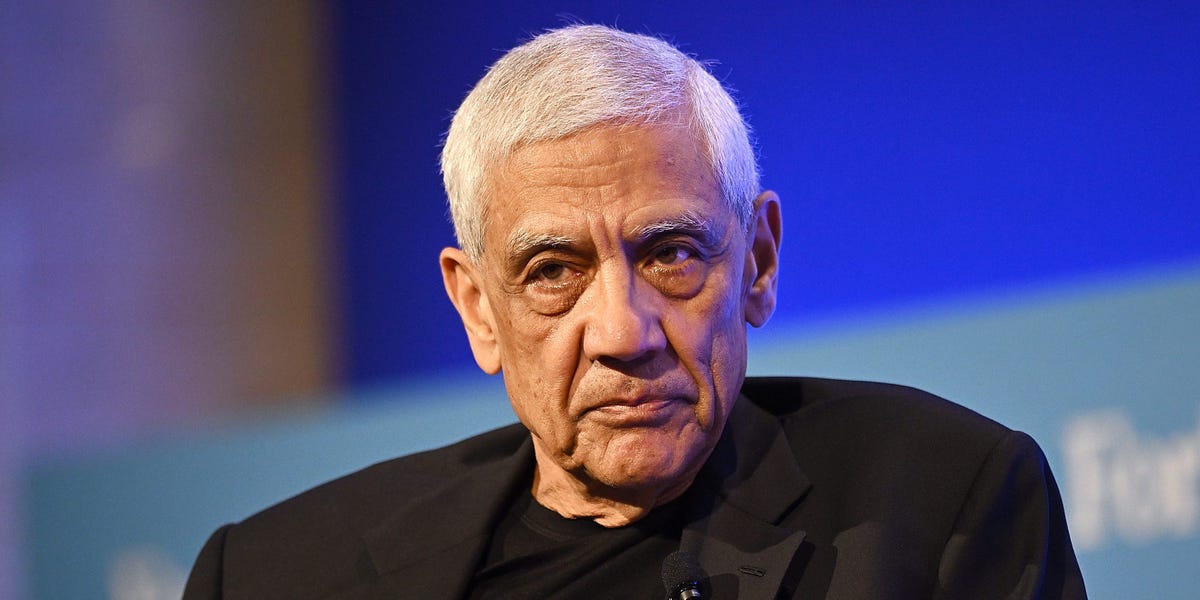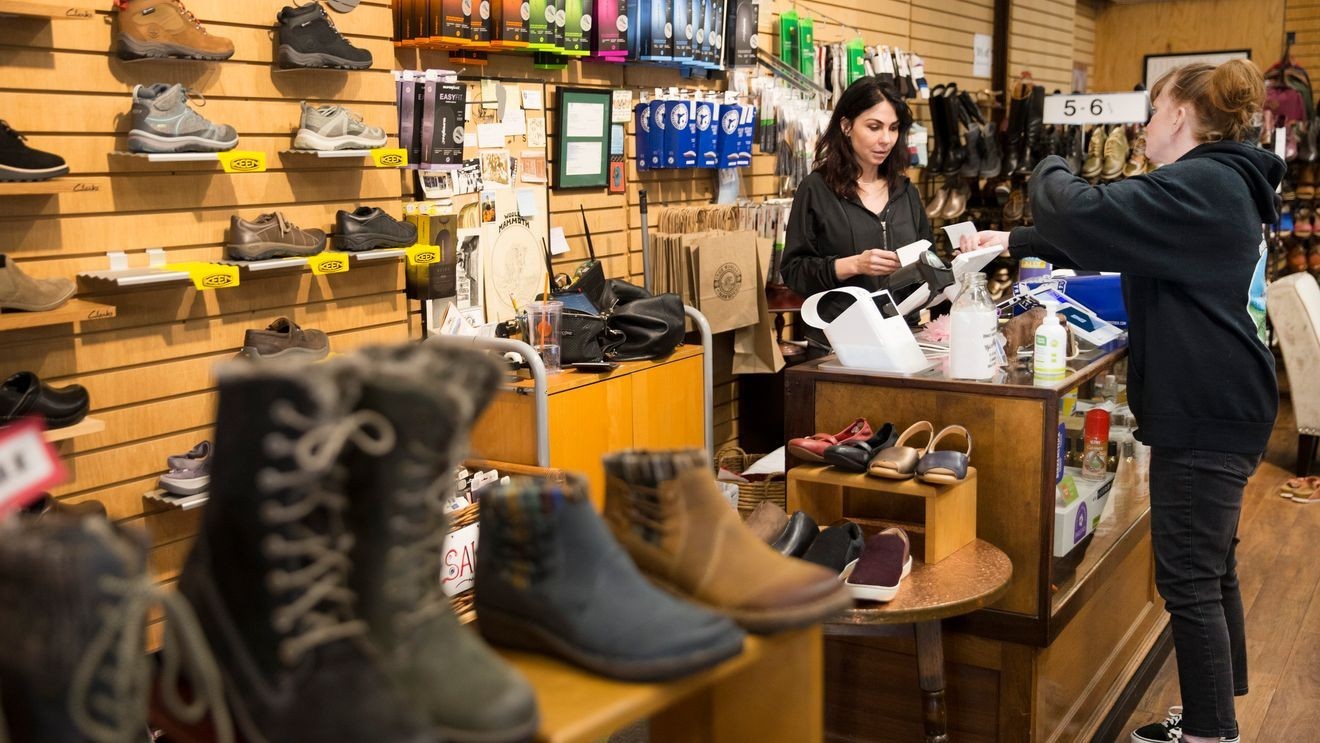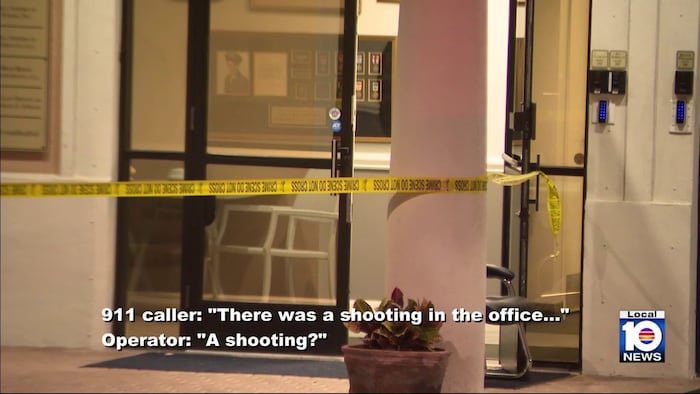OpenAI’s new video tool, Sora 2, is either a cultural touchstone or just more AI slop, depending on who you ask.
Billionaire venture capitalist Vinod Khosla, an early investor in OpenAI, made his thoughts crystal clear in an X post on Saturday.
“Let the viewers of this ‘slop’ judge it, not ivory tower luddite snooty critics or defensive creatives,” he wrote. He also called the critics “tunnel vision creatives.”
The Sora 2 app, released earlier this week, allows users to create short-form AI videos using text prompts and images. Users can also scan their face and voice and insert themselves into videos.
Since its launch, the tool has simultaneously proven popular, shooting to the top of Apple’s App Store, and been derided as “brain rot” or “AI slop.”
Khosla says the negative reactions are shortsighted.
“This is same initial reaction to digital music in the 90’s and digital photography in the 2000’s,” he wrote, adding: “Opens up so many more avenues of creativity if you have an imagination.”
While many users are having fun making AI videos of their friends and family, Sora is also a copyright minefield and one of the best deepfake tools now on the market.
As Business Insider’s Katie Notopoulos wrote earlier this week: “The flip side of all this wonder is also the terrifying part.”
“This is the first time I’ve felt AI get close to mimicking real life. In other words, you might have a hard time telling what’s real and what’s fake when you watch these Sora-made videos,” she wrote.
Sora has also raised eyebrows in Hollywood.
The Wall Street Journal reported earlier this week that Sam Altman’s firm had advised studios and talent agencies that rightsholders would need to opt out to ensure their copyrighted material does not appear in videos produced by Sora.
Altman, however, appeared to walk back this policy in a blog post on Friday, promising rightsholders more control over the use of their material.
“We will give rightsholders more granular control over generation of characters, similar to the opt-in model for likeness but with additional controls,” he wrote.








